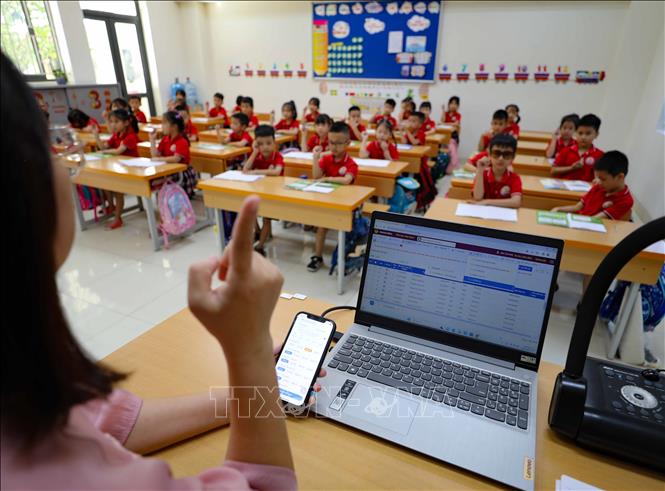
The Draft Resolution was developed to institutionalize major policies and guidelines on education and training, including Resolution No. 29-NQ/TW dated November 4, 2013 of the Central Executive Committee on fundamental and comprehensive innovation in education and training, Resolution No. 71-NQ/TW dated August 22, 2025 of the Politburo on breakthroughs in education and training development. The Draft Resolution focuses on solving current difficulties and shortcomings and proposing breakthrough and strategic policies to develop synchronous, modern and integrated education and training.
The draft Resolution proposes six key policy groups on: human resources and management of educational institutions; programs, content and mechanisms for educational development; digital transformation, science and technology development and innovation in education; international integration in education and training; national scholarship fund; finance and investment in education and training.
Specifically, regarding human resources and management of educational institutions, the policy stipulates that the direct management agency shall appoint leaders of educational institutions, and at the same time assigns the Director of the Department of Education the authority to manage and use the team of teachers, staff, and employees of preschools and general schools. The draft Resolution also proposes a specific human resources policy including preferential allowances for teachers, flexible recruitment and treatment mechanisms to attract high-quality human resources and a co-ownership mechanism in exploiting human resources. The policy aims to build a team of teachers and managers that is sufficient in quantity, synchronous in structure, meeting regional and international standards, meeting the requirements of innovation and integration.
Regarding the program, content and mechanism for education development, the policy stipulates that the Government decides on major policies, reforms in education programs, mechanisms for ordering training with businesses and systems for recognizing learning outcomes, credits, certificates, skills, ensuring connectivity and lifelong learning. The Minister of Education and Training reports annually to the Government, directs innovation in preschool programs, allows piloting of new educational models, vocational skills councils, open and flexible university programs linked to the labor market. The Minister of Education and Training is responsible for deciding on a unified set of general education textbooks, and at the same time reviews and edits content to suit reality. The Government details policies on applying specific mechanisms in training in culture, arts, high-performance sports, journalism and publishing, with selection based on aptitude, specific professional standards, investment priority and performance-based remuneration.
Regarding digital transformation, science and technology development and innovation in education, the policy is to pilot the State-school-enterprise cooperation model to build a smart national education platform, serving administration, teaching innovation, testing and assessment. Develop a national education and human resources information system, connect with the labor market database and science and technology data to forecast human resource supply and demand, improve management efficiency. Pilot the mechanism of using the budget and mobilizing domestic and foreign experts to develop strategic technology, deploy the digital university model, and share resources among training institutions. At the same time, build a tripartite cooperation mechanism to invest in shared laboratories, strengthen training, research and technology transfer, prioritizing key areas.
Regarding international integration, the pilot policy of visa exemption and work permit exemption for 5 years for foreign experts and scientists with doctoral degrees participating in management, teaching and research at higher education and vocational education institutions. Some key higher education institutions are authorized to confirm cases of foreign experts and scientists not subject to work permit issuance and are responsible for the legality of their degrees and working conditions. Educational institutions are allowed to organize international conferences and seminars according to regulations without permission, only need to notify the Ministry of Education and Training and the provincial People's Committee. The policy encourages cooperation between Vietnamese higher education institutions and foreign universities in the world's top 500 to establish branches in Vietnam under the PPP method. At the same time, international students studying in Vietnam are allowed to work up to 20 hours/week.
Regarding the National Scholarship Fund, the policy stipulates the establishment of a National Scholarship Fund under the Ministry of Education and Training, with sources formed from the state budget, contributions, sponsorships, aids and other legal sources. The Fund is responsible for granting scholarships for talents, supporting the development of high-quality human resources; encouraging learning and research of students, teachers; supporting the development of vocational skills associated with the needs of the labor market and international integration; promoting the effectiveness of funds for encouraging learning, encouraging talents, and developing skills from the budget and socialization. The Government promulgates regulations on the organization, management and use of the Fund to ensure publicity, transparency, efficiency, independent auditing and stipulating the responsibility for coordination and supervision between the Ministry of Education and Training, the Ministry of Finance and relevant agencies.
Regarding finance and investment, the policy stipulates that the state budget allocates at least 20% of total expenditure for education, of which development investment expenditure is at least 5%, and university education expenditure is at least 3%. Prioritize the budget for preschools, general education, and particularly difficult areas, while ensuring investment in universities, vocational education, and continuing education in the direction of high-quality human resources. Develop a special financial mechanism to implement compulsory education through lower secondary school by 2030, universalize upper secondary education by 2035, and support key facilities, science and technology, and specialized education. The state budget ensures free textbooks before 2030 and free tuition for National Defense and Security Education. In addition, implement outstanding incentives on land, taxes, and facilities, and grant medium-term public investment authority to the Directors of Hanoi National University and Ho Chi Minh City National University.
Source: https://baotintuc.vn/giao-duc/de-xuat-mot-so-co-che-chinh-sach-dac-thu-thuc-hien-dot-pha-phat-trien-giao-duc-va-dao-tao-20250926195107368.htm




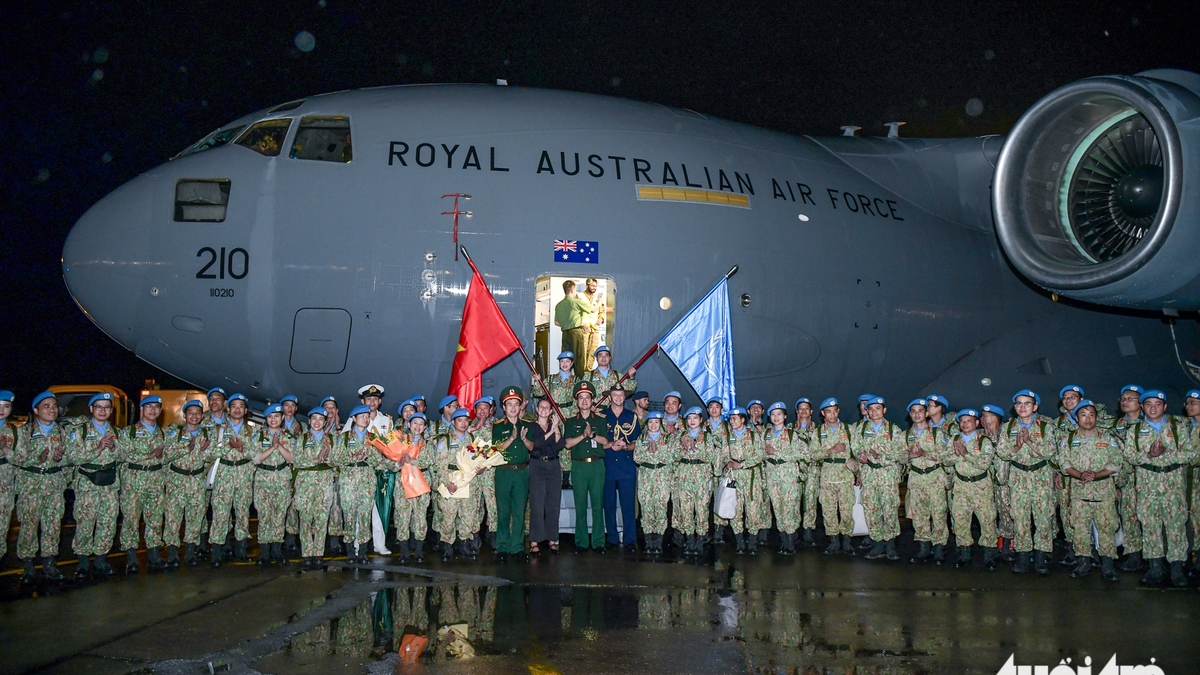

![[Photo] Prime Minister Pham Minh Chinh attends the groundbreaking ceremony of two key projects in Hai Phong city](https://vphoto.vietnam.vn/thumb/1200x675/vietnam/resource/IMAGE/2025/9/27/6adba56d5d94403093a074ac6496ec9d)

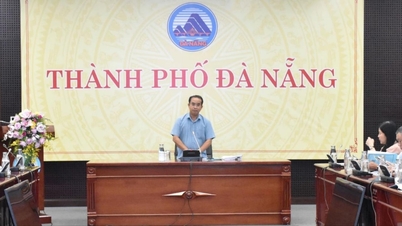

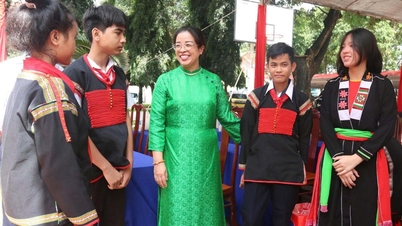




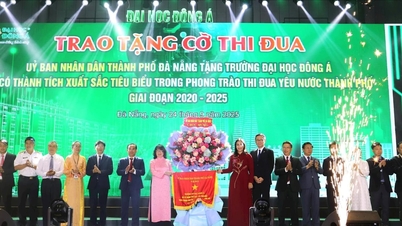
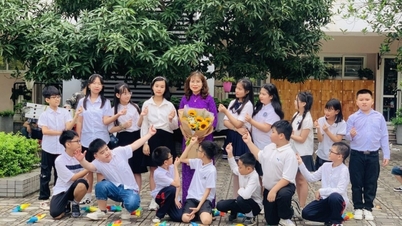







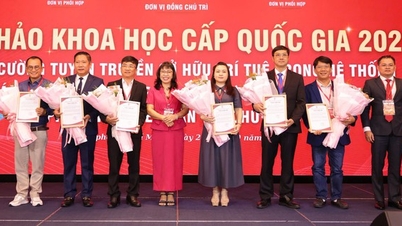
![[Video] From 2027, the high school graduation exam will combine computer-based and paper-based exams.](https://vphoto.vietnam.vn/thumb/402x226/vietnam/resource/IMAGE/2025/9/27/31a7772ddf034dfe9315061dda9618f1)








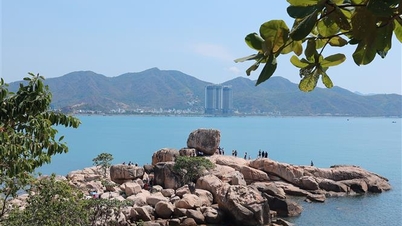

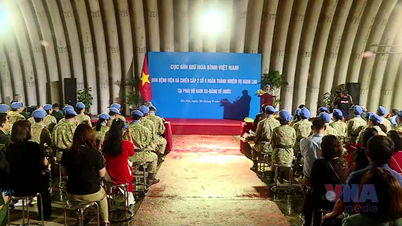











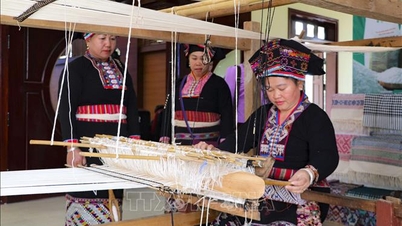






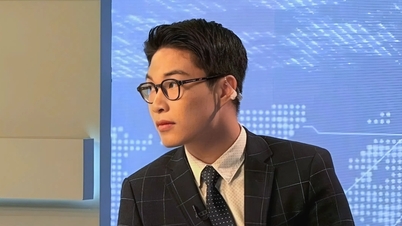

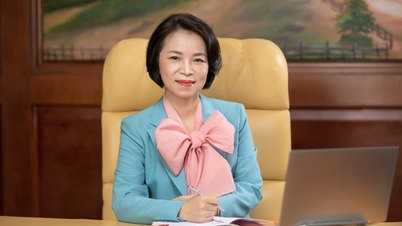






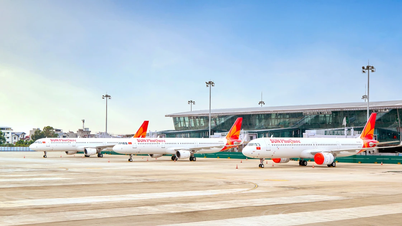










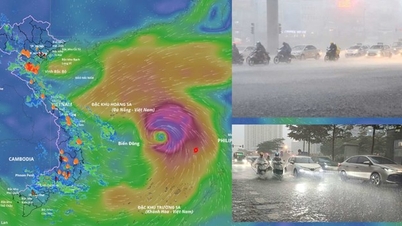



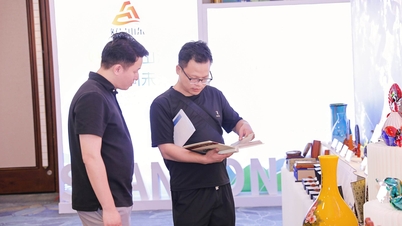

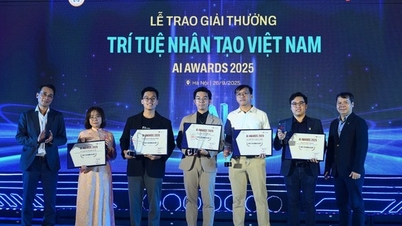
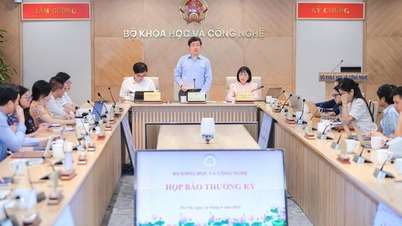


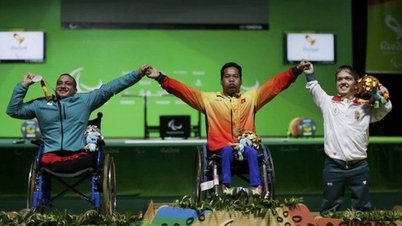




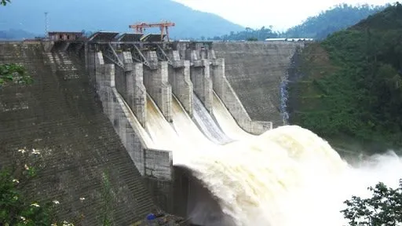








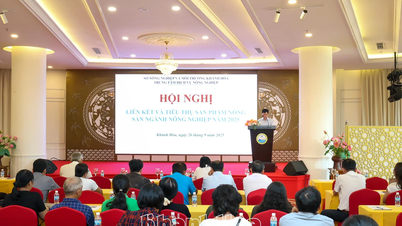









Comment (0)